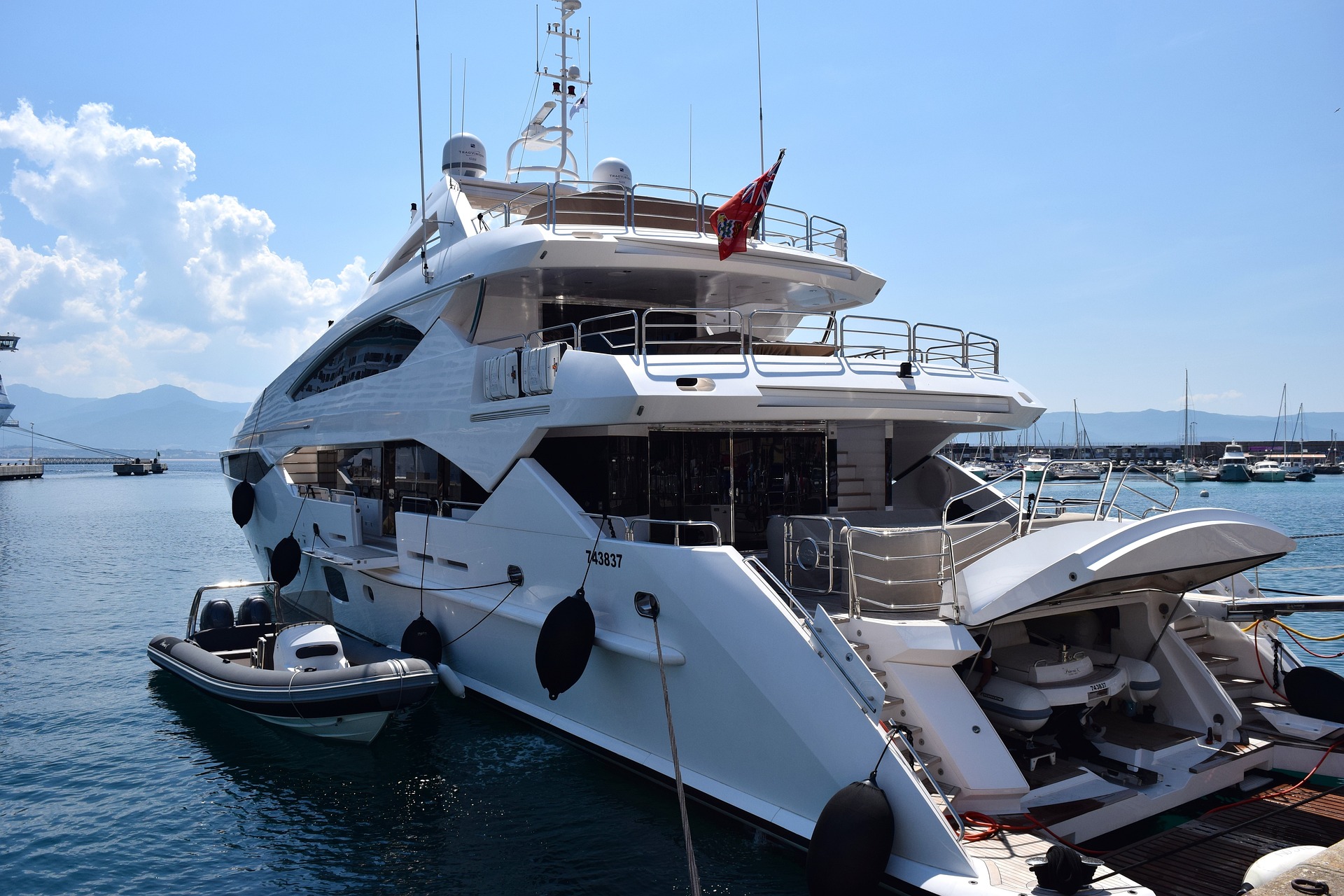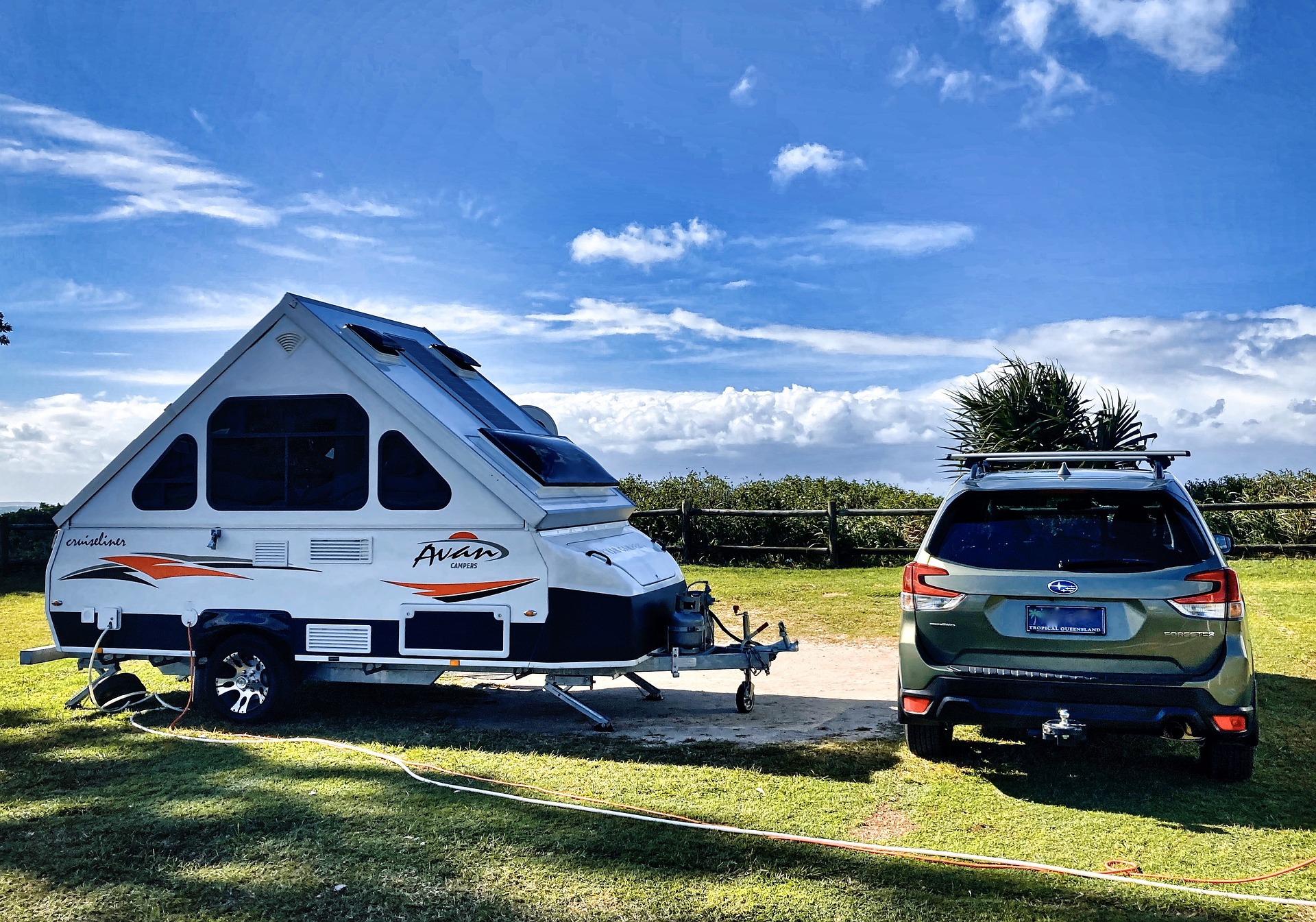Discover Police Impound Boats for Sale and Bid on Vessels
Police impound boat auctions offer unique opportunities for buyers seeking vessels at potentially lower prices. These auctions feature boats seized during law enforcement operations or abandoned vessels that have been recovered. Understanding how these government auctions work, what types of vessels are available, and the bidding process can help interested buyers navigate this specialized marketplace effectively.
Police impound boat auctions represent a lesser-known segment of the marine marketplace where buyers can find vessels that have been seized, abandoned, or repossessed by government agencies. These auctions serve dual purposes: they help authorities recover costs associated with storage and processing while offering potential deals to savvy buyers. From small fishing boats to luxury yachts, the variety of vessels available through these channels can be surprising.
Government Auctions and What They Offer
Government boat auctions typically feature vessels that come from several different sources. Law enforcement agencies may seize boats during criminal investigations, particularly those related to drug trafficking, fraud, or other illegal activities. Additionally, abandoned vessels recovered from waterways, unclaimed boats from storage facilities, and vessels with delinquent taxes or fees often find their way to these auctions.
The U.S. Marshals Service, Customs and Border Protection, Coast Guard, and local police departments all conduct regular auctions of impounded vessels. These agencies work with specialized auction houses or use government websites to list and sell these assets. Unlike retail boat sales, these auctions prioritize liquidation over profit maximization, which can sometimes translate to competitive pricing.
Each agency follows specific protocols for these sales, with some requiring pre-registration, deposits, or background checks before bidding. Most government auctions are open to the public, though some specialized sales may have additional requirements for participation.
What You Might Find at Boat Auctions
The inventory at police impound and government boat auctions varies widely from event to event. Common vessels include fishing boats, pontoons, jet skis, sailboats, and even luxury yachts. The condition of these boats spans the spectrum—some may require significant repairs while others might be nearly new.
Fishing boats and recreational vessels are among the most commonly available options, particularly in coastal regions and areas with large lakes. Performance boats and jet skis often appear at auctions in vacation destinations. In major ports, larger vessels including cabin cruisers, houseboats, and occasionally commercial vessels may be available.
The history of these vessels can be complex. Some may have been seized during criminal investigations and have unclear maintenance records. Others might be surplus government vessels with well-documented service histories. Due to this variability, thorough inspection is crucial for potential buyers.
How to Join Boat Auctions
Participating in police impound boat auctions requires preparation and understanding of the process. Most government agencies post upcoming auctions on their websites, often with photographs and basic descriptions of available vessels. Third-party auction aggregators also compile listings from multiple agencies.
Registration requirements vary by jurisdiction and auction house. Most auctions require potential bidders to register in advance and provide identification. Some may require deposits that are refundable if you don’t make a purchase. Before the auction, many agencies offer preview periods where interested buyers can inspect vessels in person.
During the auction, bidding may occur in person, online, or through sealed bids depending on the format. In-person auctions offer the advantage of seeing the competition and the vessel simultaneously, while online platforms provide convenience and accessibility. Successful bidders typically need to make payment within 24-48 hours and arrange for vessel transportation within a specified timeframe.
Understanding Boat Titles and Transfers
One of the most critical aspects of purchasing an impound boat is ensuring proper title transfer. Government auctions typically provide clean titles for vessels they sell, but the process differs from standard boat purchases. Buyers receive a certificate of sale or transfer document that must be used to obtain a new registration.
For vessels with liens or other title complications, the government auction process usually clears these issues, making the title “clean” for the new owner. However, it’s essential to verify this information before bidding. Some states require additional inspections or documentation for previously impounded vessels before they can be registered.
The registration process varies by state but generally involves submitting the certificate of sale, proof of identity, and payment of applicable fees to your state’s boating authority. Some states may also require hull inspections or verification of hull identification numbers (HIN) before completing registration.
Cost Considerations for Auction Vessels
The pricing at police impound boat auctions can vary dramatically based on the vessel type, condition, and auction attendance. While some boats sell for significantly below market value, others—particularly those in excellent condition or rare models—may approach retail prices due to competitive bidding.
| Vessel Type | Typical Starting Bid Range | Additional Costs to Consider |
|---|---|---|
| Small Fishing Boats | $500-$3,000 | Transportation, registration, potential repairs |
| Pontoon Boats | $2,000-$8,000 | Engine servicing, upholstery repairs, electronics |
| Cabin Cruisers | $5,000-$30,000 | Marina fees, insurance, mechanical inspections |
| Luxury Yachts | $20,000-$200,000+ | Crew costs, dockage, significant maintenance |
| Jet Skis/PWCs | $300-$3,000 | Trailer, engine rebuilds, registration fees |
Prices, rates, or cost estimates mentioned in this article are based on the latest available information but may change over time. Independent research is advised before making financial decisions.
Beyond the purchase price, buyers should budget for transportation, storage, insurance, and potential repairs. Many auction vessels are sold “as-is,” meaning any mechanical or structural issues become the buyer’s responsibility after purchase. A professional marine survey, while an additional expense, can help identify potential problems before bidding.
Preparation and Research Strategies
Successful bidding at police impound boat auctions requires thorough preparation. Research comparable vessels on the retail market to establish fair market values. This knowledge helps set reasonable bidding limits and prevents overpaying in the excitement of an auction.
Inspect vessels carefully during preview periods, looking for structural damage, engine issues, or signs of neglect. If possible, bring a marine mechanic or experienced boater to help assess condition. Document any findings with photographs to reference during bidding decisions.
Establish a maximum bid before the auction begins and stick to it regardless of competitive pressure. Remember that the final cost will include not just the winning bid but also buyer’s premiums (typically 5-10%), taxes, and transportation expenses. Having financing arranged in advance ensures you can complete the purchase if your bid wins.
Police impound boat auctions offer interesting opportunities for buyers willing to navigate their unique processes. With proper research, inspection, and bidding discipline, these auctions can be a pathway to boat ownership at competitive prices. However, the “as-is” nature of most sales means buyers must approach these opportunities with both enthusiasm and caution.





